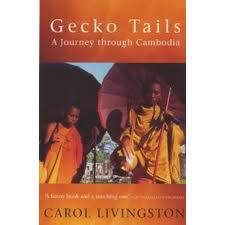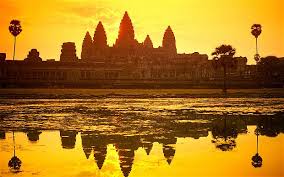Last January, I didn’t get my 2013 lookback, The Great Eighteen, up until the 20th, so if you don’t mind, I’m going to call this prompt. Efficient. Timely — at least for me! Reflection on accomplishments never comes at a bad time. (Does it? Of course, you ninny! Okay, but — Which doesn’t mean it’s always foolish to look backwards, either. Alright then, so maybe — Just get to it!)
I posted to JH.com 93 times last year, which is as productive as I’ve ever been, and that with December nearly ringing up a doughnut. (That’s jock-talk for nada. Zero. Hole in the JZone layer. Nuttin’, honey. I missed that bizarro perfection by one lonely post, so the rest of the year must’ve been excellent.) Starting with my self-conscious blurts in the middle of 2005, JH.com now has an archive of 637 posts. That seems like quite a few.
So, I consulted a panel of experts. What were the most meaningful, artistically satisfying and world-changing posts of 2014 on JamesHowden.com? No. I didn’t. I trawled through 2014 and asked myself, “Okay, self, what do you still like and think others might, too?” Oh, I did take my readers into account, based on what got read most, or what found life elsewhere on the ‘Net, but mainly this is me Me ME. So here is a quick skate through some of the things I wrote here last year. It gives a reasonable portrait of what gave my head a shake in 2014. It’s a quick read, and you can click on anything that appeals. Here, then, are the
Fabulous Fifteen!
1. Sequel: The (Not Quite) Christmas (Late) Show* Must Go On (Jan. 2) * (with Chinese Characteristics)
For the last three years in China, my wife and I taught in the School of International Business, a small college within our university in Dalian. Every December, there was a spangly student SHOW. Here, I reviewed this incredible, excessive, odd, passionate, obligatory celebration of something-or-other. Warning: this is only the second half of the extravaganza, and you may not be able to resist dipping back into December 2013 for the full jaw-dropping effect. It was amazing. (And only occasionally depressing.)
2. Lost in Cambodia (February 5)



